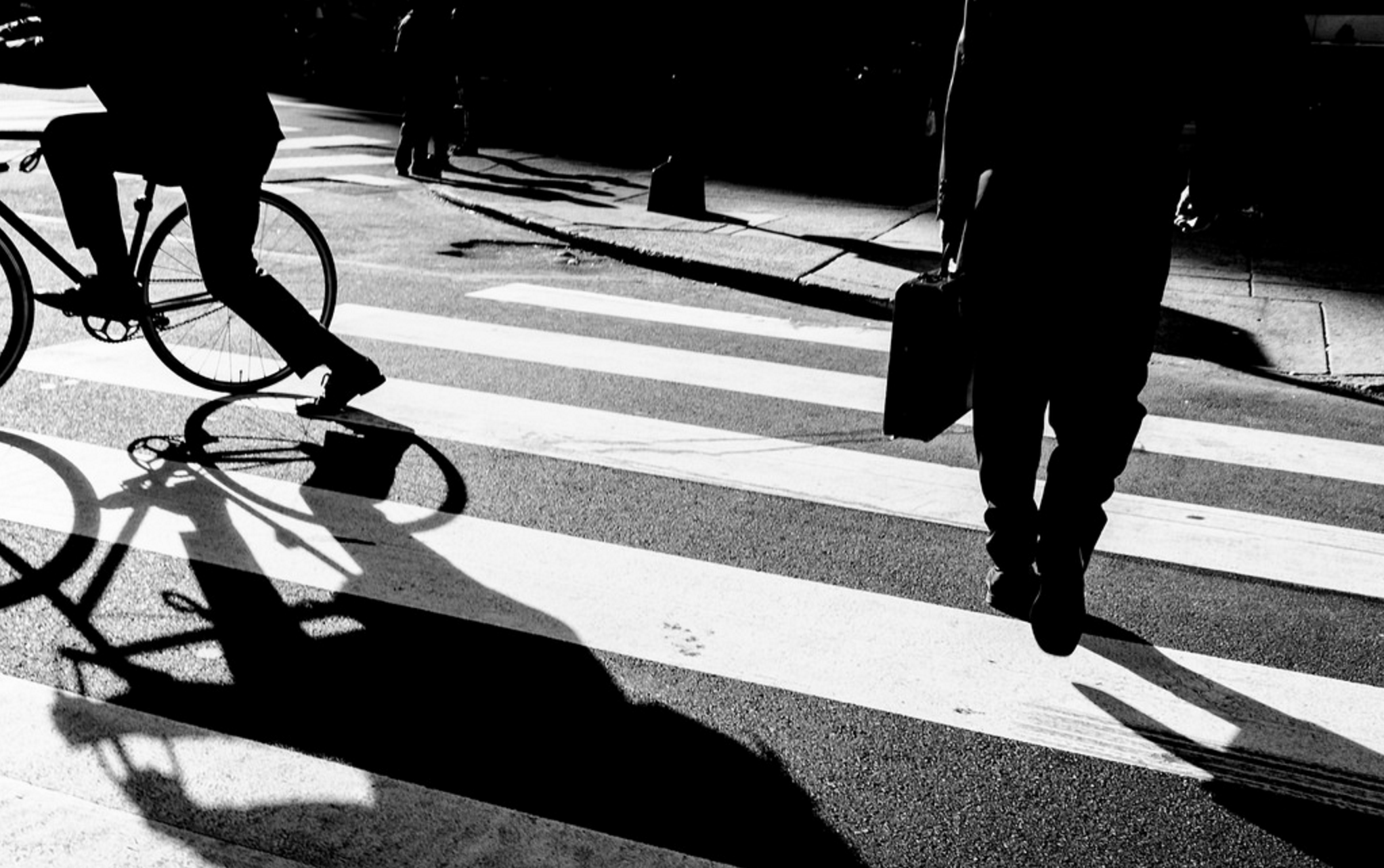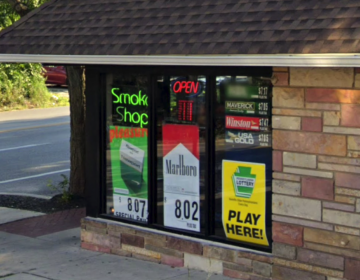March 23: Wilmington right-on-red refund | Walking while black | Anti-SLAPP bill

The City of Wilmington has to refund more than $800,000 to 6,700 drivers who received tickets for turning on red under the red light camera program. NewsWorks’ Mark Eichmann covers the state law adjustment that requires municipalities to provide safety and crash data to justify issuing tickets for turning on red.
Ryan Briggs reports that State Sen. Larry Farnese is once again trying to advance legislation to curb “strategic lawsuits against public participation” (SLAPP), which aim to drag project opponents through lengthy, expensive legal battles. PlanPhilly faithful will remember it was a SLAPP that killed the Old City Civic Association, and Farnese has tried this before.
The decrease in federal investment and regulation for state energy-efficiency programs has emboldened legislators to shift back to coal-fired electricity generation, BloombergQuint reports. While some states will use this to attempt to bring back coal mining jobs, many other lawmakers are using the absence of federal mandates to expand renewable energy mandates at the state level. For more on the cost of energy and utilities in Philadelphia, NewsWorks’ Aaron Moselle covered how Trump’s plan to cut the federal heating-assistance program would affect low-income households.
The metric for urban revival is shifting—more and more cities, Philadelphia included, are celebrating a growing population, bursts of restaurants and bars, and a renewed pride in living downtown. But after the celebration comes the morning after. To maintain the momentum of a city’s growth and consider the long-term needs of a wide range of urban residents, Strong Towns’ Arian Horbovetz argues that “the truly difficult decisions, the issues that call for the greatest social engagement, are the decisions of direction, of infrastructure, of outside investment, and differences in opinion.”
Is It better to rent or buy? The New York Times has developed a calculator that “takes the most important costs associated with buying a house and computes the equivalent monthly rent.” The calculator’s metrics takes into consideration factors such as property taxes, cost of maintenance and fees, and length of stay.
A new study finds more evidence “that drivers are less likely to brake for African American pedestrians trying to cross the street.” The Washington Post reports that the study on “walking while black” took into consideration cursory observations including race, gender, and choice in attire, as well as factors that shape the built environment, such as median household income, roadway design, and speed limit. For a corollary, read the Chicago Tribune’s article earlier this week on “biking while black.”
WHYY is your source for fact-based, in-depth journalism and information. As a nonprofit organization, we rely on financial support from readers like you. Please give today.







